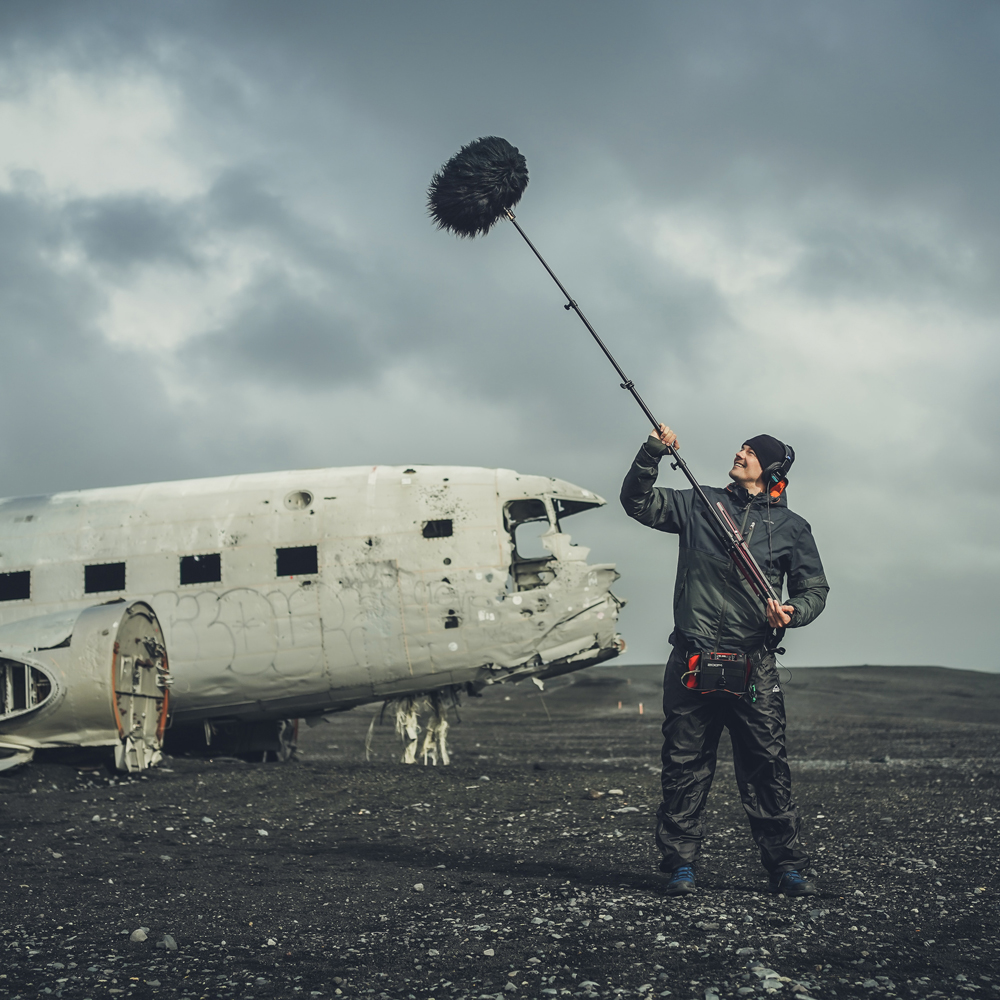NFI’s Cinema Production Program is designed to teach all of the major skills needed for film production. Prior experience is not necessary to be successful in the program – all you need to bring is a passion for filmmaking.
Whether your interest is feature films, documentaries, wedding videos, commercials, or anything in between, the courses and topics taught in this filmmaking program will sharpen your skills and challenge you to become a true professional in the film industry.
Behind the scenes, of lead instructor Micah Ellars, teaching Directing the Scene.




